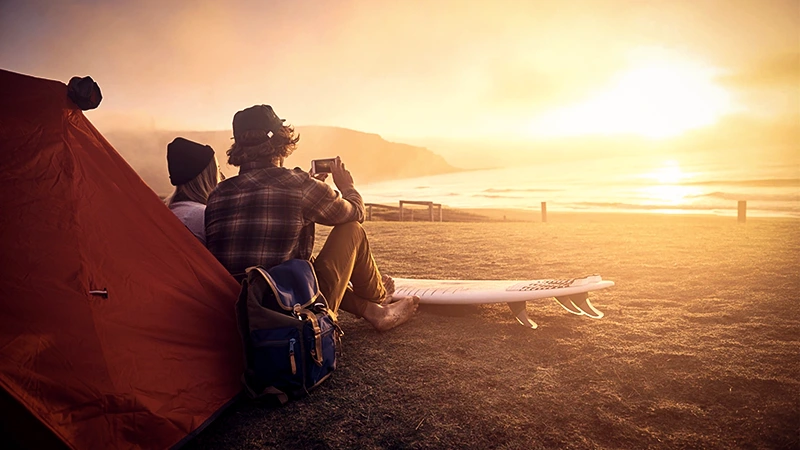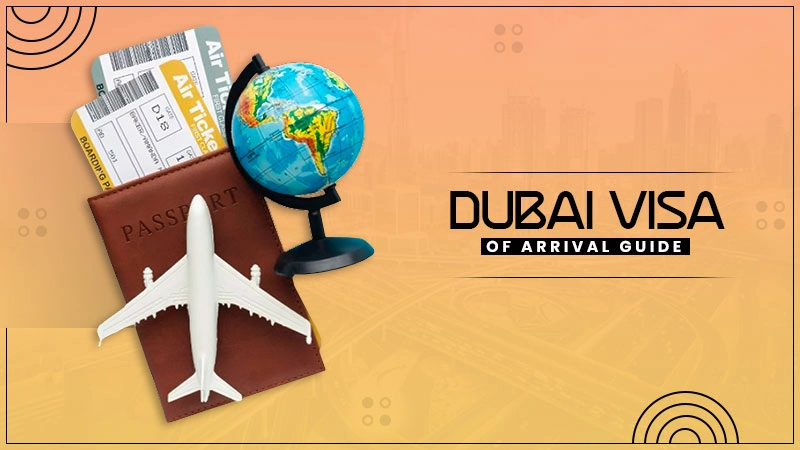
Camping is a great way to appreciate the outdoors and create unforgettable memories with family and friends. With the rising popularity of this outdoor activity, many beginners often need to pay more attention to the essential tips and tricks necessary for a successful camping experience. Knowing the tips and tricks of camping can greatly improve your chances of having a fun and safe adventure in nature. In this blog post, we will explore some valuable advice for those just starting with camping, including how to prepare for a trip, what to bring, and what you should avoid doing while in the great outdoors. Whether planning your first camping trip or looking to improve your skills as an outdoor adventurer, this guide will provide invaluable tips to make your trip more enjoyable.
Choosing the Right Site
Choosing the right campsite can make or break your camping trip. And as a beginner, it’s essential to know the dos and don’ts of selecting the perfect site. Look for a popular camping spot via Google or other GPS services, and ask fellow campers or site staff for recommendations. Some websites like Wilderness Camp Life can also help you find the best camping places. Check the terrain, proximity to water sources, and availability of bathroom facilities before settling on a spot. Remember to follow the leave no trace principle and avoid disturbing the natural environment. By choosing the right campsite, you’ll ensure a comfortable and enjoyable outdoor adventure. And once you’ve found the perfect spot, it’s time to start setting up camp with our helpful tips and tricks.
Essential Gear for a Successful Camping Trip
Once you’ve picked out the perfect campsite, it’s time to start packing for your trip. Regarding gear, a few must-have items will make your experience more comfortable and enjoyable. Of course, you’ll need a tent, sleeping bag, air mattress, or camp bed for a good night’s rest. But remember the smaller essentials like duct tape, string, and a waterproof jacket to protect you from the elements. A table and camping chairs will make mealtime much easier, as will a well-stocked camp kitchen with pots and pans, utensils, and a camp stove. And remember to bring plenty of potable water for drinking and cooking. With these essential gear items, you’ll be on your way to a successful camping trip.
Setting Up Your Tent
Now that you’ve chosen your camping site and have a list of essential gear, it’s time to set up your tent. Before you hit the road, practice setting up your tent at home. This will give you a chance to ensure you have all the necessary equipment, such as properly sized ground sheets and rain flies. When setting up your tent, leave the rain fly off to allow for adequate air circulation. Ensure you wear quick-drying, durable materials, and consider sharing the load with friends to make the process easier. A useful strategy when camping in areas with trees is to set up a tarp before the tent to prevent any falling debris or rain from damaging your gear. Remember to take food storage and fire safety precautions before retiring to your tent for the night. In following these tips and tricks, you’ll be well on your way to enjoying a comfortable camping trip.
The Importance of Proper Food Storage
Proper food storage is essential in camping to avoid attracting unwanted wildlife and ensure your food stays fresh and safe to consume. Remember the dos and don’ts of food storage: never leave your food unattended and always store anything with a scent away from your tent. Choosing the right spot for your food storage is also crucial. Parking your car or using a bear-safe container or food storage locker are great options. Plus, remember that foods from the refrigerator and freezer should be used first in case of emergencies. Lastly, remember to dispose of food scraps to avoid a mess properly, and always include them in your garbage. By practicing proper food storage, you are ensuring your safety and protecting wildlife and the environment.
Fire Safety
Now that you’ve chosen the perfect site and set up your tent, it’s time to talk about fire safety – one of the most crucial aspects of camping. Always remember to check the fire regulations of the campground or wilderness area before starting any fire. Keep flammable objects away from the fire and have a first-aid kit and fire extinguisher on hand. Never leave your fire unattended; always ensure it’s completely extinguished with water or sand before leaving. Remember to bring your own lighting, as campsites don’t have illumination, but be mindful of the impact of your outdoor activities and properly dispose of your garbage. By following these dos and don’ts, you can ensure a safe and enjoyable camping experience for you and the environment.
Keeping Clean in the Outdoors
Regarding camping, staying clean might not be your top priority, but it’s just as important as everything else. Keeping yourself, your gear, and your campsite clean is essential for staying healthy and comfortable outdoors. Start with washing your hands frequently and carrying unscented, alcohol-based gel hand sanitizer or wet wipes. A quick dry towel can also come in handy for keeping your face feeling fresh and clean. Another tip is to bring baby wipes if you don’t have access to water. Remember dental hygiene too! Bring a toothbrush, toothpaste, and floss with you on your trip. Pack two outfits and wash them each night to keep your clothing fresh. And always make sure to pack out used wipes and dispose of trash properly. By following these hygiene tips, you’ll feel better during your camping trip and help keep the environment clean and healthy for everyone to enjoy.
Dealing with Wildlife Encounters
When you’re out camping, you’re bound to encounter wildlife. While it’s exciting to see animals up close, it’s important to remember that they are wild creatures and can be dangerous. Here are some dos and don’ts for dealing with wildlife encounters:
DO keep your distance. Give animals plenty of space to roam without feeling threatened.
DO keep your food stored safely. Animals are attracted to food, so store it properly and away from your sleeping area.
DON’T try to pet the animals. No matter how cute they may look, refrain from trying to touch or pet any wild animals.
DON’T approach a mother and her young. If you encounter a mother and her babies, don’t get too close, as the mother may feel threatened and become aggressive.
Wildlife encounters can be dangerous, so taking precautions is important to protect yourself and your family. Stick to these dos and don’ts for a fun and safe camping trip. Happy camping!
Leave No Trace: Environmental Considerations
Now that you have learned the importance of choosing the right camping site, essential gear, setting up your tent, food storage, fire safety, hygiene, and dealing with wildlife, it’s time to think about Leave No Trace principles. As a responsible hiker and camper, it’s important to minimize your impact on nature. Travel and camp on durable surfaces, use established trails, and avoid creating new ones. Remember to practice proper food storage by keeping your food in a secure container or a bear-resistant food locker. Keep animals from accessing your food, and always leave it unattended. Ensure you carry out all trash and leave the campsite as you found it. Leave No Trace principles are crucial for preserving the environment and ensuring that future generations can enjoy nature as we do.









